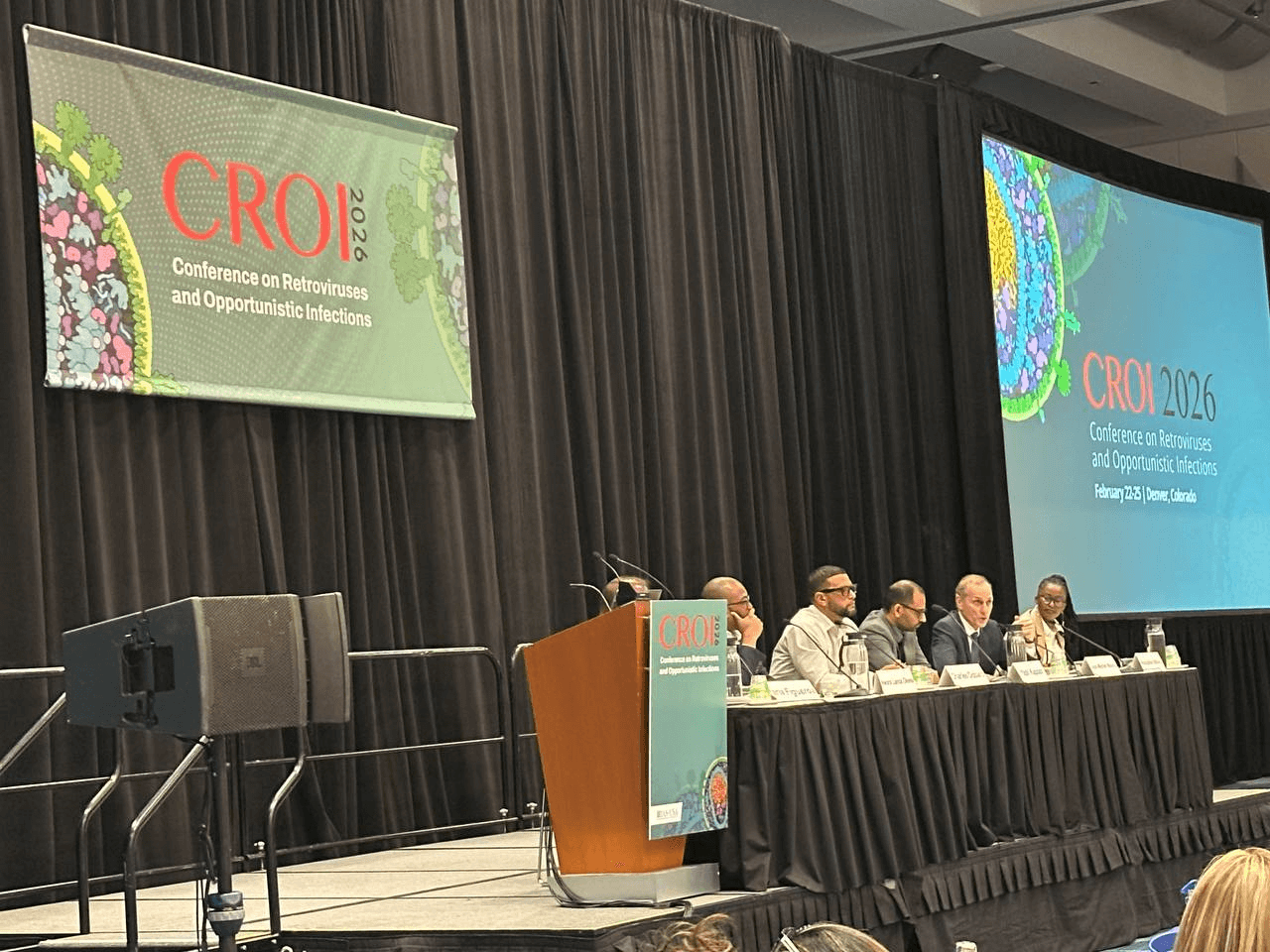First transplantation of a kidney from a living donor with HIV in the USA

A group of surgeons from Baltimore (USA) performed the world's first kidney transplant from a donor lives with HIV. This operation has become an important new milestone for immunodeficiency virus patients in need of transplantation. According to experts, if this case will act as a precedent, and other people with HIV will not refuse to become donors, this will significantly reduce the waiting time for a transplant for both PLHIV and people without the virus.
According to the Associated Press, Nina Martinez from Atlanta turned to the clinic at Johns Hopkins University. The girl decided to act as a kidney donor for an HIV-positive person in need of a transplant, saying that she “wants to change the life of someone else” and oppose the stigma that still often accompanies people with HIV.
According to her, many people believe that PLHIV must “look sick”.
“[Kidney transfer -] is a powerful statement that demonstrates that someone like me is healthy enough to be an organ donor in my life,” Martinez told reporters.
Transplantation was announced on Thursday. Doctors report that both the donor and the recipient underwent surgery normally and are currently recovering.
“HIV, which was a death sentence in the past, is now so controlled that it cannot stop people from saving someone else,” said Dr. Dorri Segev, a surgeon at J. Hopkins University, who supports the HIV + tissue transplant initiative.
Recall that in the United States, a law was recently passed that lifted the 25-year ban on organ transplantation between people with HIV infection.
To date, the country does not yet have a list of HIV-positive patients, which are among the 113,000 people awaiting organ transplants. Today, PLHIV can only receive transplants from HIV-negative donors, like everyone else.
At the same time, only in recent years, under the influence of some innovative operations in South Africa, surgeons began to practice organ transplants from deceased people with HIV.
Since 2016, 116 kidney / liver transplants of HIV / HIV have been performed in the United States as part of a scientific study of the Joint Organ Exchange Network or UNOS, which oversees the international transplant system.
Despite the promise of the method, scientists are still concerned about the question of whether the transplantation of an organ containing an HIV strain other than the recipient is dangerous. However, according to UNOS Chief Medical Officer Dr. David Klassen, no security problems have been identified to date.
Dr. Segev, in turn, said that a kidney transplant on Monday was the first of its kind in the world. Prior to this, doctors did not dare to transplant among people living with HIV because of fears that the remaining kidney would be at risk of damage from the virus or side effects of antiretroviral drugs.
The specialist believes that new HIV drugs are much safer and more effective than previous ones.
Dr. Segev’s team recently studied the state of the kidneys in 40 thousand HIV-positive people and came to the conclusion that those who control the virus and other diseases that can harm the kidneys (high blood pressure) have the same risks associated with transplantation, like people without HIV.
“Currently, tens of thousands of people living with HIV around the world can potentially become kidney donors,” says Dr. Segev.
“As a rule, kidneys from living donors last longer,” added Dr. Niraj Desai, a surgeon at the Johns Hopkins University clinic who participated in the operation, “and the more people with HIV decide to donate, the more patients needing a tissue transplant, this will help. And it’s not only about HIV-infected patients [...] It will help everyone [pending transplantation, - Ed.] ”.
We add that Nina Martinez, a public health consultant, became interested in the possibility of kidney donation even before the first cases of organ transplantation from HIV-positive ones. Last summer, she found out that her HIV-positive friend needed a transplant and turned to Dr. Segev to ask if she could act as a donor.
However, the girlfriend in need of transplantation died before the necessary medical tests were completed. Then Martinez decided to honor her memory by donating a kidney to another person.



